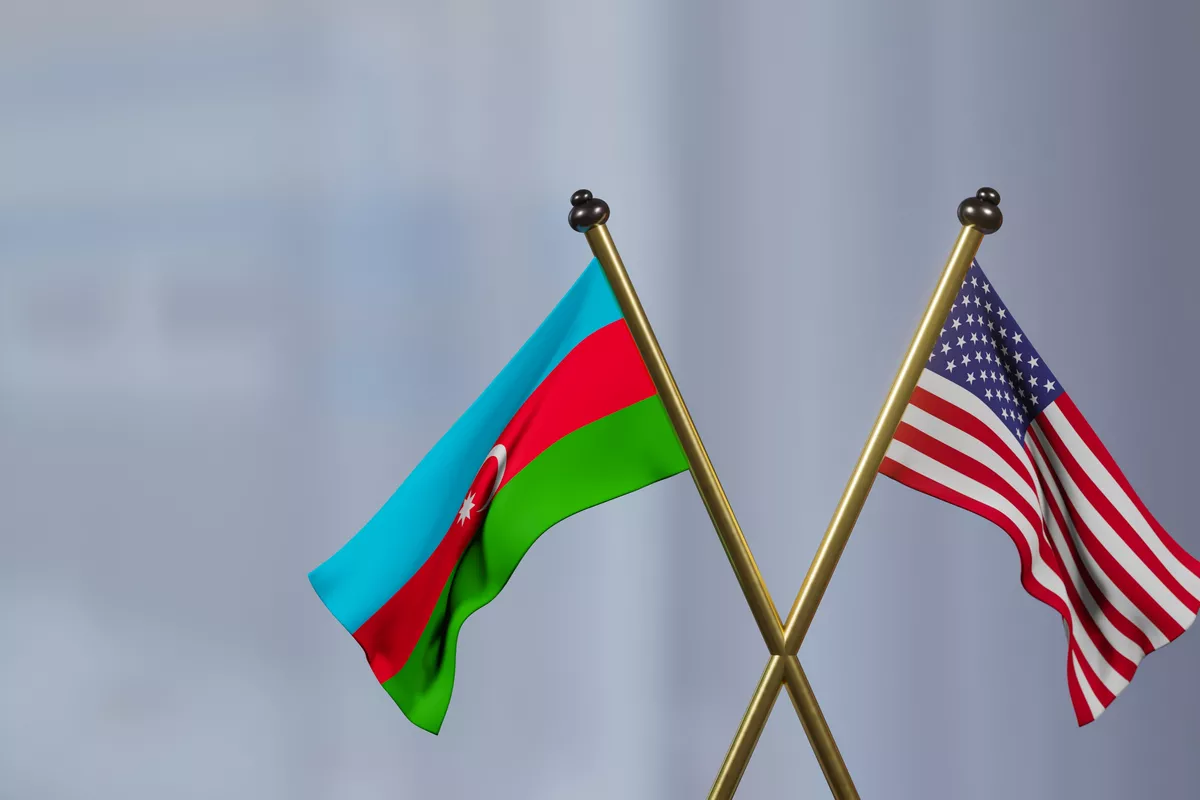
August 2025 marked an important milestone in Azerbaijan-U.S. relations. During negotiations in Washington, the leaders of both countries reaffirmed their intention to elevate bilateral ties to the level of a strategic partnership.
For Azerbaijan, this opens additional opportunities in political, economic, and technological spheres, including energy, transportation, trade, artificial intelligence, and defense cooperation. One of the practical steps in this direction was the signing of a memorandum between SOCAR and ExxonMobil, demonstrating both sides’ readiness for joint initiatives in the fields of energy and logistics.
The talks took place against the backdrop of a challenging period in Baku-Washington relations. Following the counterterrorism operation in Karabakh, official visits by Azerbaijani delegations to the United States were suspended, and American political circles even discussed the possibility of restrictive measures. However, the two sides ultimately reached a constructive dialogue - a significant signal for international observers. This experience illustrates that even after periods of cooling, diplomatic channels can be restored if mutual interest is maintained - a scenario similar to that once realized between the U.S. and Vietnam, where economic complementarity laid the groundwork for removing political barriers.
A symbolic element of the August agreements was the joint appeal by Azerbaijan and Armenia to dissolve the OSCE Minsk Group. In practice, this format had long ceased to function, but its formal closure carries important symbolic and legal weight, eliminating the possibility of its future use as a tool of political pressure. This approach can be compared to the dismantling of mechanisms created to manage the Balkan conflicts of the 1990s, which became obsolete over time and were wound down once the parties transitioned to new forms of engagement.
The initialing of a peace treaty between Azerbaijan and Armenia is another step influencing how the South Caucasus is perceived abroad. Concluding such a document reduces the likelihood of renewed conflict and removes a pretext for outside observers to speculate about territorial disputes. A parallel can be drawn here with the Korean Peninsula, where the absence of a formal peace treaty for decades left room for political leverage over the parties. In the case of the South Caucasus, developments are following a different trajectory, with the sides moving toward the formalization of new realities.
The issue of the Zangezur Corridor holds a special place in the regional agenda. This transport route, linking mainland Azerbaijan with the Nakhchivan Autonomous Republic through Armenia, has been under discussion for several years and has the potential to become part of a broader network of transit corridors connecting the Caspian region with Türkiye and Europe. Comparable infrastructure projects, such as the “Middle Corridor,” have shown that transport arteries, under conditions of stability, can act as catalysts for economic integration and political dialogue.
Of particular note is that the Zangezur Corridor will be under U.S. oversight. This reflects the involvement of external players in developing the South Caucasus’ transport network. Globally, it is rare for major powers to participate directly in the management of transit hubs, but there are comparable examples - such as the control exercised by international consortia over the Suez Canal in the mid-20th century or the Panama Canal during its modernization. In all these cases, the political and economic significance of the asset made it the subject of international arrangements.
The developments surrounding the August agreements show that Azerbaijan has succeeded in combining the results of its military campaign with diplomatic steps that secured the new terms at the international level. This sets it apart from cases where states win a war but fail to consolidate its outcomes in the political and legal arena.
It is also significant that, since 2020, there have been attempts to reduce Azerbaijan’s participation in a number of international formats. However, August 2025 demonstrated that the country has not only preserved its foreign policy channels but has also attracted leading global players to its projects. For the South Caucasus, this signals a shift from the post-conflict period to the stage of building sustainable transport and economic links with the participation of external partners.
In this way, President Ilham Aliyev’s August theses reflect a broader process - the transformation of Azerbaijan from a party in a protracted conflict into an active actor shaping the regional architecture. The Washington talks were not the end of the process but the starting point for further steps that could, over time, reshape the configuration of ties among the countries of the South Caucasus, the Middle East, and Europe.
By Tural Heybatov
Share on social media